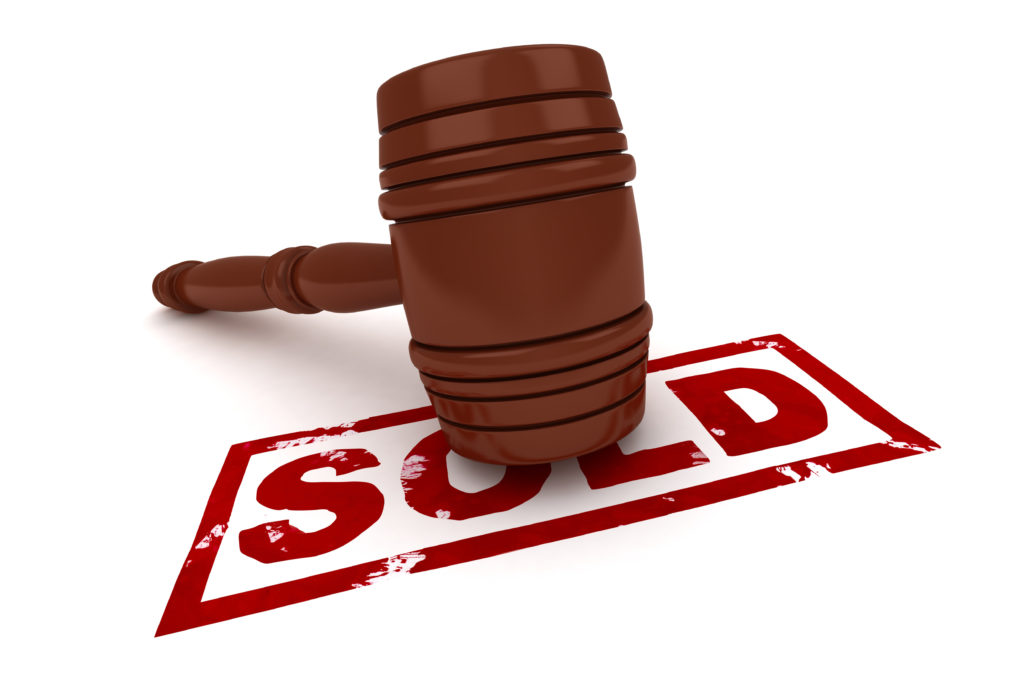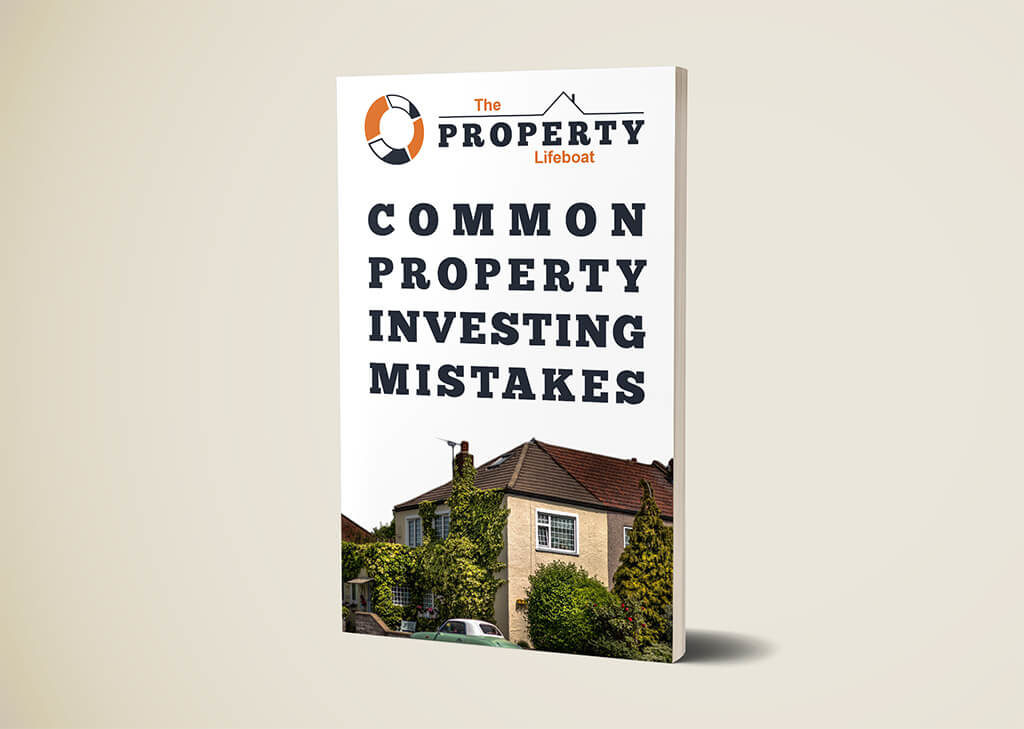
Buying a property at auction is both exciting and potentially profitable. It avoids all of the lengthy purchasing procedures that you usually have to endure and the risk of everything falling through at the eleventh hour but you need to know the ins and outs of how to buy property at auction. At an auction, as soon as that hammer falls, that’s it – the property is yours (although you obviously have to pay for it!). But it isn’t to be undertaken lightly and it pays to do some research.
Locating a property auction.
You’ll need to find out when and where there is an auction. You can do this by scouring the property papers and magazines, or by speaking direct to a local estate agents or using the internet. There are some good sites that list all auctions in your area.
Finding the right property.
Once you’ve found an auction, next get hold of its catalogue and spend time studying it. We have known people who turn up at auctions with no knowledge of the catalogue list and bid on properties on the spur of the moment. This may sound like an exciting and even brave thing to do, but in our opinion, while you might occasionally get lucky going on instinct, it is always better to be prepared.
Viewing properties.
Once you’ve identified the properties you’re interested in, contact the auctioneers and arrange a viewing. As when buying any property, we would advise more than one viewing as you need to be aware of every facet of the property if you are considering bidding. Very often, auction properties are in a poor state, so it is advisable to take a builder or an architect with you to find out what can be done to the property, and how much it is likely to cost.
It would be prudent to remember, though, that time really is of the essence. There is usually four weeks between the publication of the auction catalogue and the auction, so you have to act fast.
Research the property.
Make sure that you do your research thoroughly, and compare the price and condition of the property to others that are similar or that might be for sale with local estate agents. You will very find that the guide price of auction properties is set relatively low in order to entice bidders, so have in your mind what you think the true market value of the property is, and bid accordingly.
Legal matters.
When you express an interest in a property to the auctioneers, there is usually a legal pack available for you to read. It is essential that you digest this thoroughly, and if you’re not sure about anything, have your solicitor check it out. It could contain covenants or certain legalities which could have potential implications on the value of the property. It might even pay to carry out property and land searches of your own if you have any concerns and if you have the time.
Arranging your finances.
A key part of learning how to buy property at auction involves finance. You will need to make your financial arrangements prior to the auction. You must have a 10 per cent deposit with you on auction day, and you must come up with the remaining 90 per cent, typically within 28 days. If you need a mortgage, it is prudent to have discussed all of the financial implications with a bank or building society, and have arranged a mortgage in principle. We have known of people that have paid their 10 per cent and lost the lot because they couldn’t come up with the rest of the balance in time.
Preparing for the property auction.
When the time comes for the actual auction, be prepared. The whole process can be quite daunting, and we often say to people that they should go on a dummy run and experience an auction as a spectator before going to one to actually bid. You don’t actually have to be there in person, as you can bid by telephone. We have to say, though, that we prefer to feel the buzz of the auction room and to be able to look around and assess the competition.
The property auction.
When you arrive at the auction, you’ll need to register. Make sure that you bring identification and enough funds for your 10 per cent. Auction houses can be pretty crowded affairs, so get there early if you want a seat. When the time comes to bid, make sure that you can be seen by the auctioneer and that he is aware of when you’re bidding.
Bidding.
As the bidding increases, so will your heart rate. This is where you have to make sure that you don’t get carried away. Make sure you have done your due diligence and have a figure in your head that you don’t want to go over. It can be very tempting to go over budget, particularly if you’ve invested a lot of time and effort prior to auction, but try not to go silly. If you don’t trust yourself, then you can get someone else to go and do the bidding for you.
If you are bidding on a property and it fails to meet its reserve price, this doesn’t necessarily mean that this is the end of the matter. The auctioneers can still act as agents and are able to do a deal between yourselves and the vendors, if a price can be agreed at the end of the lot. This is often a good way to pick up a bargain, as a vendor might have been chancing their arm with their reserve price, but could be willing to do a deal after the auction. Likewise, it isn’t unheard of for a deal to be tied up prior to auction, so it may be worthwhile checking this possibility out with the auctioneers.
Get yourself a bargain.
Ultimately, whilst it can take time to do your homework on how to buy property at auction, and it is admittedly pretty nerve racking actually taking part, we believe that nothing beats buying a property at auction.
The thrill and euphoria at having a bid accepted, and knowing that it is a legally binding deal, is just fantastic, and if you’ve done your research correctly, then you might just end up getting yourself a bargain in the process.
We hope you have found this article ‘How to Buy Property at Auction’ useful. We also have experience selling several properties at auction which can be equally lucrative, but that’s the subject of a whole different article. Once you have bought your auction property you may also want to read our article on property refurbishment.
If you have any questions as usual please don’t hesitate to get in touch.
FREE 'Common Property Investing Mistakes' guide.

We have created a free guide to help you get going on your property investment journey. This invaluable guide includes the most common property investing mistakes. The guide is completely FREE and you can claim your free guide by clicking here.

